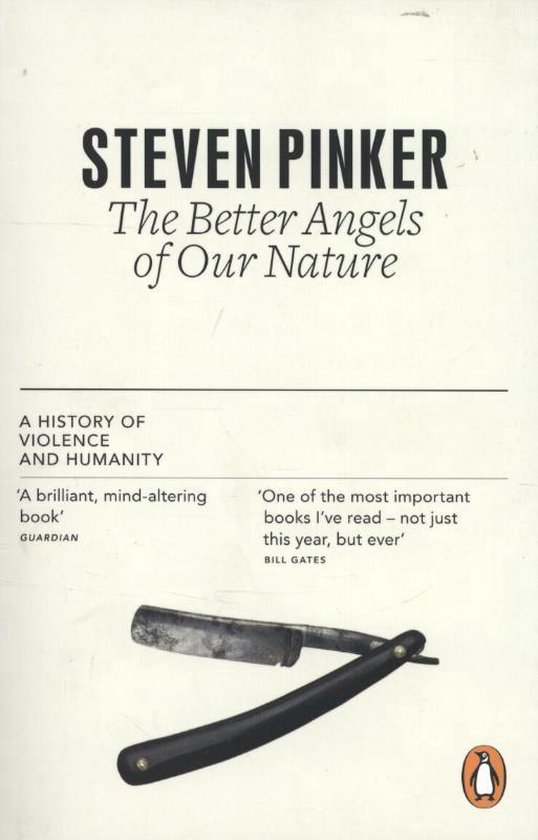

Advocates of the blank slate fear that the very idea of human nature dooms us to perpetual conflict-that if we are killer apes with a territorial imperative, a thirst for blood, a death instinct, and genes for aggression, then it’s pointless to try to make the world a better place. PINKER: I’ve long argued that the human mind is not a blank slate but has been fitted by evolution with a complex set of emotions, drives, and systems for reasoning, learning, and communicating.

So many people had their noses cut off in private disputes that medical textbooks had procedures that were alleged to grow them back.ĬOOK: What made you interested in violence as a scientific question? For entertainment, one could nail a cat to a post and try to head-butt it to death, or watch a political prisoner get drawn and quartered, which is to say partly strangled, disemboweled, and castrated before being decapitated. Corpses broken on the wheel, hanging from gibbets, or rotting in iron cages where the sinner had been left to die of exposure and starvation were a common part of the landscape. Religious instruction included prurient descriptions of how the saints of both sexes were tortured and mutilated in ingenious ways. Medieval knights-whom today we would call warlords-fought their numerous private wars with a single strategy: kill as many of the opposing knight’s peasants as possible. PINKER: Statistics aside, accounts of daily life in medieval and early modern Europe reveal a society soaked in blood and gore. The statistics suggest that this may be the most peaceable time in our species’s existence.ĬOOK: Can you give a sense for how violent life was 500 or 1000 years ago? PINKER: That we are living in a violent age. He spoke recently with Mind Matters editor Gareth Cook.ĬOOK: What would you say is the biggest misconception people have about violence?

The book is called “ The Better Angels of Our Nature: Why Violence Has Declined,” and it combines science with history to conclude that, by many measures, we live in the best of times, not the worst. His latest work is an ambitious attempt to understand the origins, history-and perhaps the future-of human violence. Steven Pinker, a professor of psychology at Harvard University, is the author of the best-selling books, “How the Mind Works,” and “The Blank Slate.” But he is also a public intellectual, devoted to bringing the ideas of academia to questions of broad public interest.


 0 kommentar(er)
0 kommentar(er)
